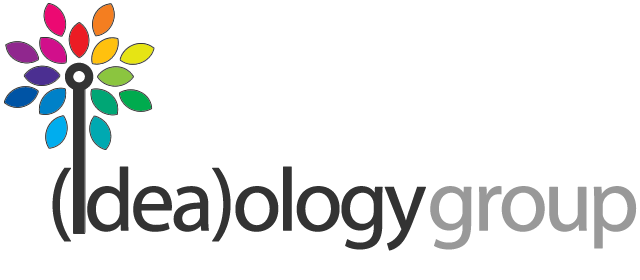https://www.linkedin.com/today/post/article/20141014071001-3458678-chinese-brands-are-coming-for-these-two-reasons?_mSplash=1
Chinese brands are coming, for these two reasons
About 10 years ago the Chinese government invited me to give a talk in Beijing on global brands. Afterwards a government official came up to me and predicted that by the 2008 Beijing Olympics, there would be at least five Chinese companies in Interbrand’s list of the top 100 global brands.
He was wrong in 2008, and he’s still wrong today. Six years on from the Beijing games, there is only one Chinese brand in the top 100. That’s Huawei, a telecoms equipment maker, which has just become the first Chinese company to enter the top 100 and is at number 94 in Interbrand’s new 2014 list.
Some of the current chatter is not encouraging. Late last month I was at the World Marketing Summit in Tokyo with top marketers from around the globe, and there was very little buzz about Chinese brands.
Why the relative silence? Largely it’s because Chinese products, rightly or wrongly, are still often perceived as being low-quality copycat versions of better products elsewhere. Sportswear company Li-Ning is struggling to develop a global brand because its products are not seen as being innovative or distinctive enough. So it finds itself squeezed between cheap local brands and big global ones such as Nike and Adidas. Likewise, consumer electronics firm Aigo is often regarded as a Samsung imitator rather than an emerging brand with its own distinctive story.
But the entry of Huawei into the top 100 this year is significant. I think the Chinese brand breakthrough is coming. And I think it will come sooner rather than later, for two reasons.
First, China’s economic weight and competitive strength are simply becoming too great for the country not to have global brands.
China will soon overtake the US as the world's largest economy on some measures, and Chinese firms are investing billions to compete overseas with established western brands. The recent $25bn initial public offering (IPO) in New York from Chinese e-commerce group Alibaba was the biggest ever. And, symbolically, Chinese insurance group Anbang is now buying the Waldorf Astoria hotel in Manhattan for almost $2bn.
At some point, all this Chinese economic muscle will translate into the soft power of brands. In fact this is already happening. Some of you reading this might use a Lenovo PC, have a Haier refrigerator at home and drink the occasional Tsingtao beer, for example.
Second, Chinese companies can’t keep relying on low-cost production of standard products for their competitive edge. As manufacturing shifts to lower-cost locations such as Vietnam and Bangladesh, Chinese firms need to add more value and beef up their branding.
As I wrote in a previous post, the next big global brands will come from companies that follow five rules: having a clear product focus; making it different and meaningful; investing in communication; innovating constantly; and staying in touch with customers and staff. Underpinning all this are guts and plenty of emotion, which separate brands from mere products.
Global brand-building is a tough business and takes time. Just ask Japanese and South Korean companies, which took decades establishing themselves on the world stage. Or ask the handful of emerging-market brands that have made it big in the past 10 years or so, such as La Martina, the upscale polo company from Argentina, and my old favorite Havaianas, the Brazilian flip-flop sandal maker.
Now it’s the turn of Chinese brands. Xiaomi Technology, a Chinese mobile phone maker, was only founded in 2010 but has quickly built a strong brand at home. The company co-develops its operating system with its keenest users via online forums, and as a result its new product launches are like rock concerts. Xiaomi is one to watch, for sure, and there will be others too.
Huawei is now in the top 100, and other Chinese brands are knocking at the door. In fact they might go global faster than other emerging-market brands because of China’s economic strength and the urgent need for its companies to shift away from a low-cost focus.
The government official I met 10 years ago probably won’t be wrong for much longer.
What’s your view? Which Chinese companies will be next to enter Interbrand’s top 100 list? Which sectors are most likely to be disrupted by the entry of Chinese brands? What might hold Chinese brands back?




